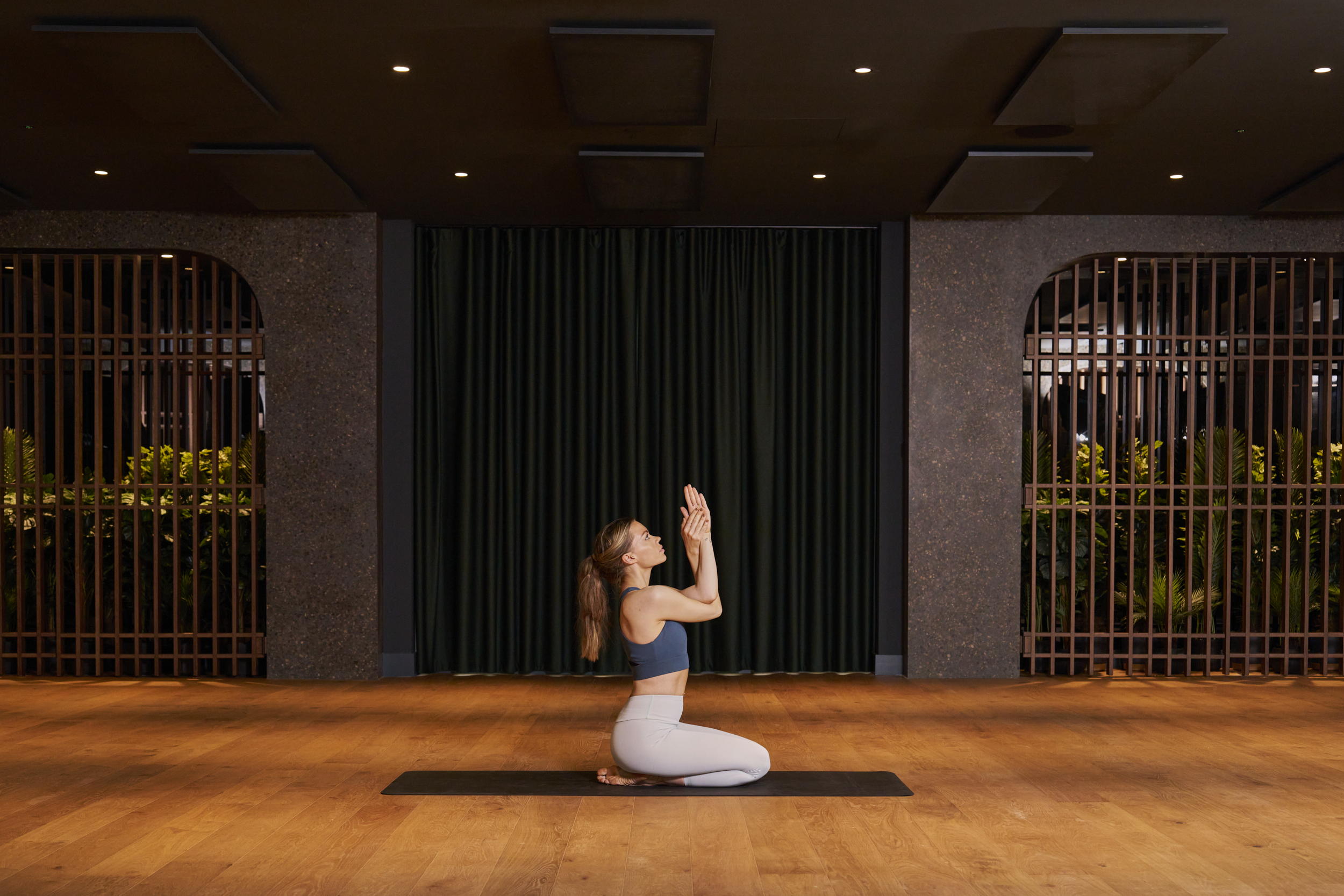- Linkedin Share
- Twitter Tweet
- Email Share
- Copy link Copy link Copied to clipboard
Finding ways to maintain high energy levels and recover efficiently is essential for both peak performance and overall well-being. While a full night’s sleep is non-negotiable, incorporating short, strategic naps into your routine can provide a powerful boost to your physical and mental capabilities. Done correctly, power naps can enhance alertness, improve reaction times and even support muscle recovery.
Timing is Everything
The ideal length for a power nap is between 10 and 30 minutes. This keeps you in the lighter stages of non-REM sleep, helping you wake up feeling refreshed rather than groggy. Longer naps risk entering deep sleep, which can cause sleep inertia a sluggish, disoriented feeling that may take time to shake off. To optimise results, aim to nap in the early afternoon, when your body naturally experiences a dip in alertness due to circadian rhythms. Napping too late in the day can interfere with nighttime sleep quality.
Understand the Performance Benefits
Short naps can deliver measurable benefits for both training and recovery. According to sports science research, a brief nap can improve reaction time, coordination and decision-making factors for athletes and fitness enthusiasts. Napping also reduces cortisol levels, which can aid muscle repair and mental recovery after intense training sessions. Even for those not in competitive sport, these benefits translate into improved focus, better mood and sustained energy throughout the day.
Pair Naps with Smart Nutrition
Lead nutritionist Frances Smith advises avoiding heavy, fatty meals or sugary foods before napping, as digestion can interfere with relaxation and leave you sluggish. Instead, opt for a light snack that won’t spike blood sugar, like a banana with nut butter or a small serving of yoghurt. She also notes that while caffeine too close to bedtime can disrupt sleep, a midday “coffee nap “drinking a small cup right before resting can boost alertness, as the caffeine kicks in just as you wake.
Set the Mood
Creating a sleep-friendly environment is key to better rest. Keep your space dark with blackout curtains or an eye mask, cool at 15–20°C, and quiet using earplugs or white noise. Invest in a supportive mattress and pillows to reduce discomfort and improve sleep quality.
Listen To Your Body
While power naps can be a game-changer, frequent daytime drowsiness may be a sign you’re not getting adequate night-time sleep or could be experiencing an underlying sleep disorder like sleep apnea. In that case, it’s worth addressing the root cause rather than relying solely on naps. When used wisely, a power nap isn’t just a mid-day indulgence it’s a scientifically backed tool for enhancing energy, focus, and training performance. With the right timing, duration, and environment, you can turn a 20-minute rest into a powerful performance booster.



